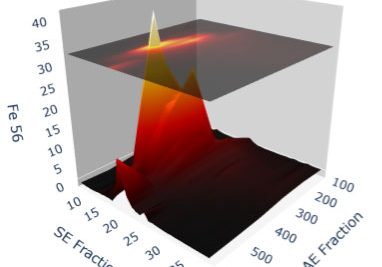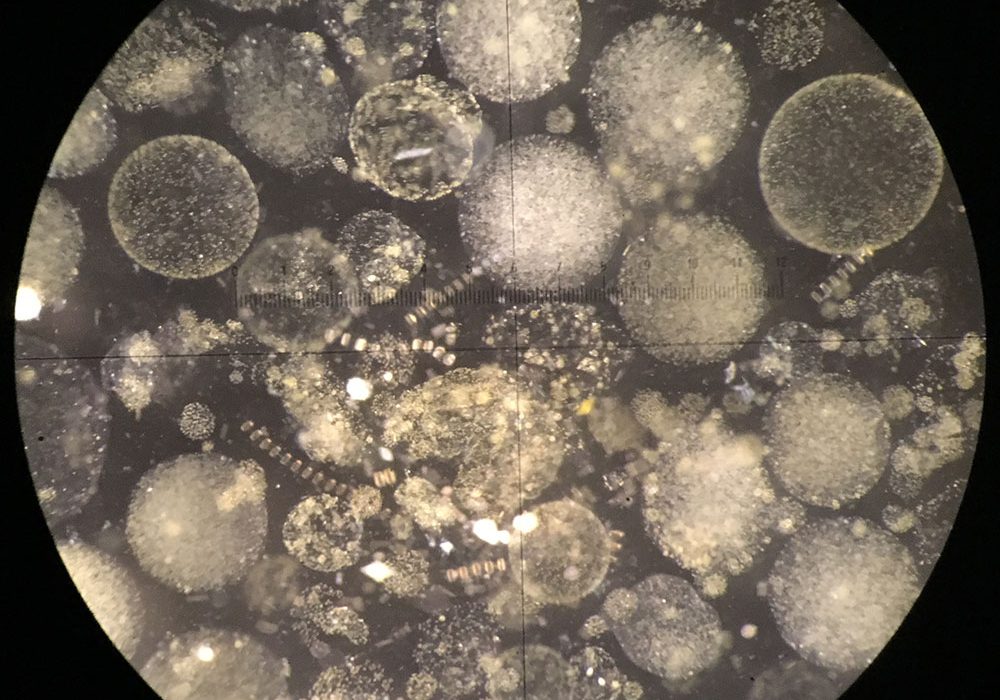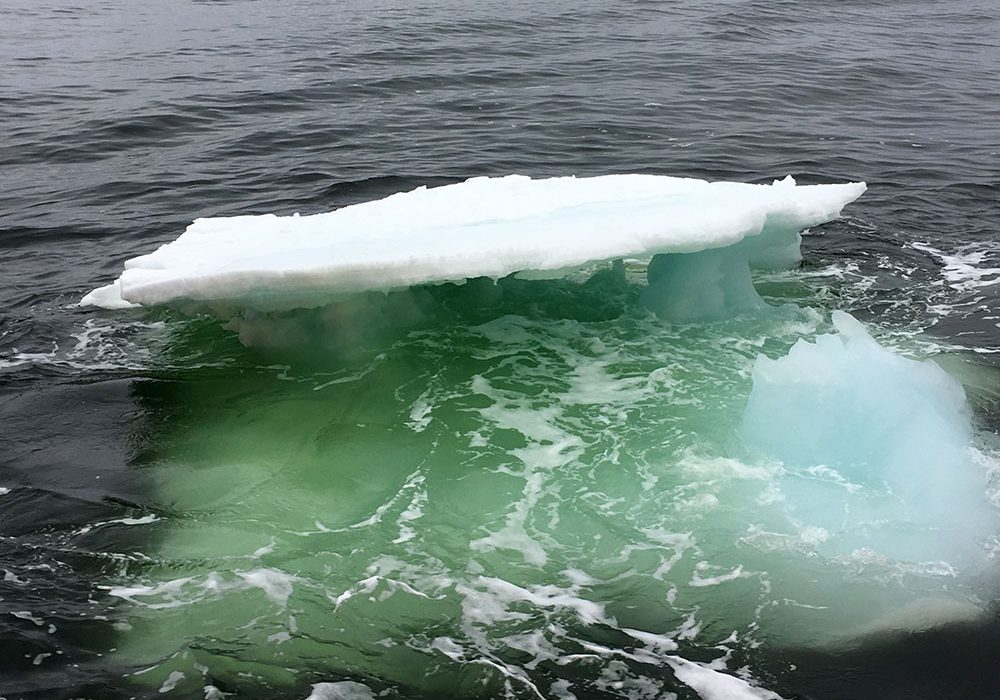Understanding Microbial Dynamics through Bioinorganic Chemistry and Proteomics
In the Saito laboratory, we delve into the critical roles of metals and proteins in microbial life. We develop innovative approaches to understanding the metallome and proteome of environmental microbes and pathogens, to deepen our understanding of how microbial processes affect biogeochemical cycles and human health.
Selected Research Highlights and Discoveries
A novel membrane B12 binding protein in marine diatoms
The protein sequence of the cadmium carbonic anhydrase, the only biological function of cadmium
Identification and characterization of two zinc responsive proteins in marine diatoms
An explanation for daytime nitrogen fixation in Trichodesmium
RNA-Protein correlations and why they occur in microbial stress biomarkers
The metalloproteomes of Pseudomonas and Pseudoalteromonas (Fe and Zn, Ni, Mn, and Co).
Detection of multiple limitations in the Central Pacific by Metaproteomics
Hotbunking of iron in the unicellular nitrogen fixer Crocosphaera
The evolution of trace metal requirements at the Archaean Proterozoic boundary
B12 and iron colimitation in the Ross Sea
Evidence for the Zinc hypothesis, Carbon, and iron colimitation in coastal Antarctica
Dinoflagellates metaproteomes of the Pacific Ocean
Microbial enzymes and functional diversity across biogeochemical provinces
A 1500km hydrothermal plume of iron in the South Atlantic Ocean
Want to join the Saito Lab?
Get in touch about opportunities to our group.


